)
Benedict XVI’s Legacy: Unfinished Debates on Faith, Culture, and Politics de Nicola Center for Ethics and Culture | Ratzinger Foundation | Bene
Sunday, April 7 5:00–7:00 p.m. Registration Check-InMorris Inn, outside Private Dining RoomsNote: Check-in will also be available Monday. 6:00-7:30 p.m. Welcome DinnerMorris Inn, Private Dining Rooms 8:00–9:15 p.m. Welcome Address: […]
April 5, 2024)
Meditations on the Paschal Mystery through the Eyes of Mary (PART III: THE GREAT EASTER VIGIL)
Topic: Alleluia! Jesus our Savior, the Son of Mary, has risen! Alleluia! Today’s texts: To help us ponder the profound mysteries of this most solemn night, there are seven Old Testaments readings (Genesis […]
March 30, 2024)
Meditations on the Paschal Mystery through the Eyes of Mary (PART II: Good Friday)
Topic: Christ himself was wounded for our sins! And a sword pierced your heart too, Mary! Texts for Meditation: Isaiah 52:13–53:12; Hebrews 4:14–16; 5:7–9; and John 18:1–19:42. What really is […]
March 29, 2024)
Meditations on the Paschal Mystery through the Eyes of Mary (PART I: Holy Thursday)
Topic: This is my Body… this is my Blood… given up for you! Texts for Meditation: Exodus 12:1-8,11-14; 1 Cor 11:23-26; and Jn 13:1-15. Holy Thursday (evening) marks the beginning […]
March 29, 2024)
For the Feast of Saint Joseph
In the Gospels, St. Joseph doesn’t say much, if anything. He is the QuietMan, there in the background but leading, protecting, and guiding the Holy Family.There is only one word […]
March 20, 2024)
Benedict XVI as I Saw Him: Reflections on the Life of a Baobab of Faith from a Simple African Priest
I woke up on the morning of the 31st of December 2022 in good cheers. After all, it was the last day of the year, and I was excited and […]
January 6, 2024)
PROGRAM OF STUDIES
Master of Arts in Theology: Ratzinger Studies Preamble “God is the real central theme of my endeavors. I have never tried to create a system of my own, an individual theology (…) The point of departure is […]
November 4, 2023)
Morality Truly Christian, Truly African:
Engagements with the Theology of Paulinus Odozor Co-organized by Maurice Agbaw-Ebai and Matthew Levering Mundelein Seminary– November 2-4 2023 All Sessions held in the Conference Center Room 101 Thursday November […]
October 24, 2023)
“All are welcome”: The tempting heterodoxy of today?
Today, we find ourselves dancing to the drumbeats beckoning us into the infernal circles wherein are normalized, as approved human behavior and dispositions, the ideologies of transgenderism, homosexuality, and the […]
October 15, 2023)
Etsi veluti Deus non daretur (As if God does not exist) …
In the lines that follow, I share with whomever would give it a thought some reflections on the realities facing today’s Christian. This is inspired or framed around the liturgical […]
October 7, 2023)
THE CROSS STANDS AS THE WORLD REVOLVES
“Stat Crux dum Orbis Revultur” – The Cross Stands as the World Revolves. With these words, the sons of Saint Bruno have, for almost a thousand years (since 1084), devoted […]
September 19, 2023)
Hail to the Cross of our Salvation! Hail to the Crucified King! Reflecting on the Feast of the Exaltation of the Most Holy Cross
In the homily which the then Cardinal Ratzinger delivered during the Mass before the Conclave of 2005, during which he was elected as Pope, he begins by noting that the […]
September 14, 2023)
WHAT DIFFERENCE DOES Jesus Christ MAKE? (Part Three) Maurice Agbaw-Ebai
We ended our previous section by pointing out that human brokenness, or existential wretchedness, could often times serve as the raw material thanks to which the need for God enters […]
September 6, 2023)
Morality Truly Christian, Truly African: Engagements with the Theology of Paulinus Odozor
Co-organized by Maurice Agbaw-Ebai and Matthew Levering Mundelein Seminary November 2-4, 2023 1. Paulinus Odozor, C.S.Sp. (University of Notre Dame) – Respondent at end of event 2. Maurice Ashley Agbaw-Ebai (St. […]
September 6, 2023)
What difference does Jesus Christ make? (Part 2)
In the first part of our reflection on the topic of what difference Jesus makes, we ended on the position that the Temptations constitute, in their innermost core, a theological […]
September 3, 2023)
The Resurrection of Jesus: God’s Verb in the Grammar of Human Existence
When we studied English Grammar at St. Joseph’s Primary School in Mamfe, Cameroon several years ago, we were taught that a verb is a word that it used to describe […]
April 28, 2023)
What difference does Jesus Christ make?
It is not uncommon to find persons that have been Christian for much of their life relapse from the practice of the Christian faith. Life can be very challenging, especially […]
March 25, 2023)
The Beautiful Catholic Priesthood Today
Perhaps of all the days in the Liturgical Calendar, it might appear out of sync for one to reflect on the meaning of the Catholic Priesthood on Ash Wednesday. After […]
March 2, 2023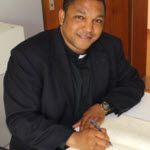
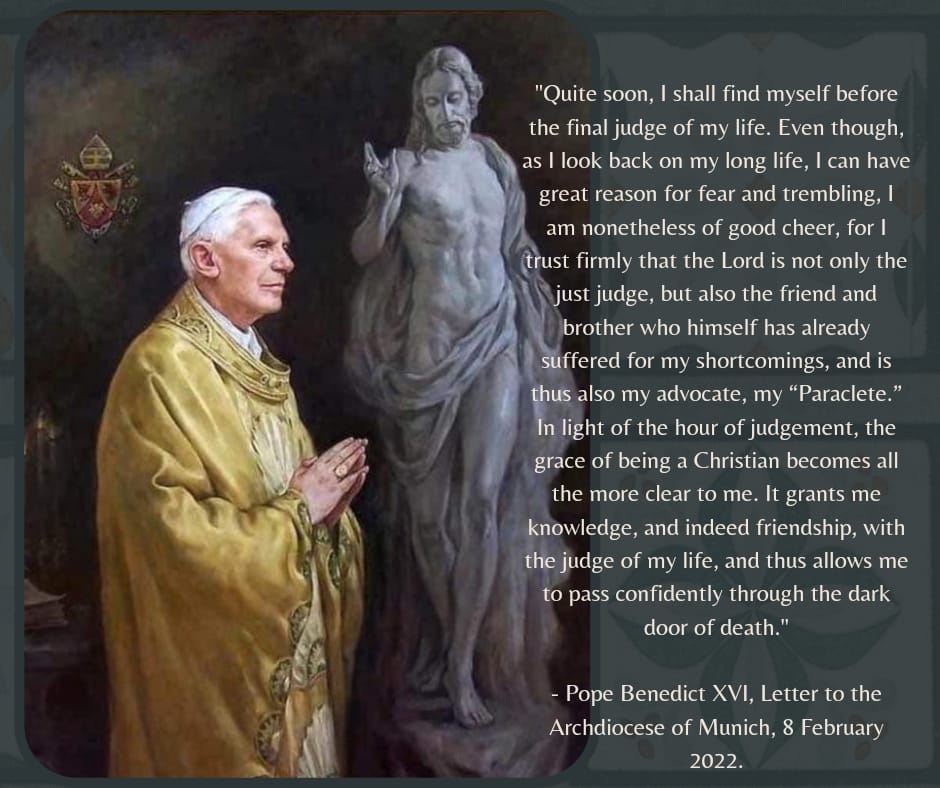
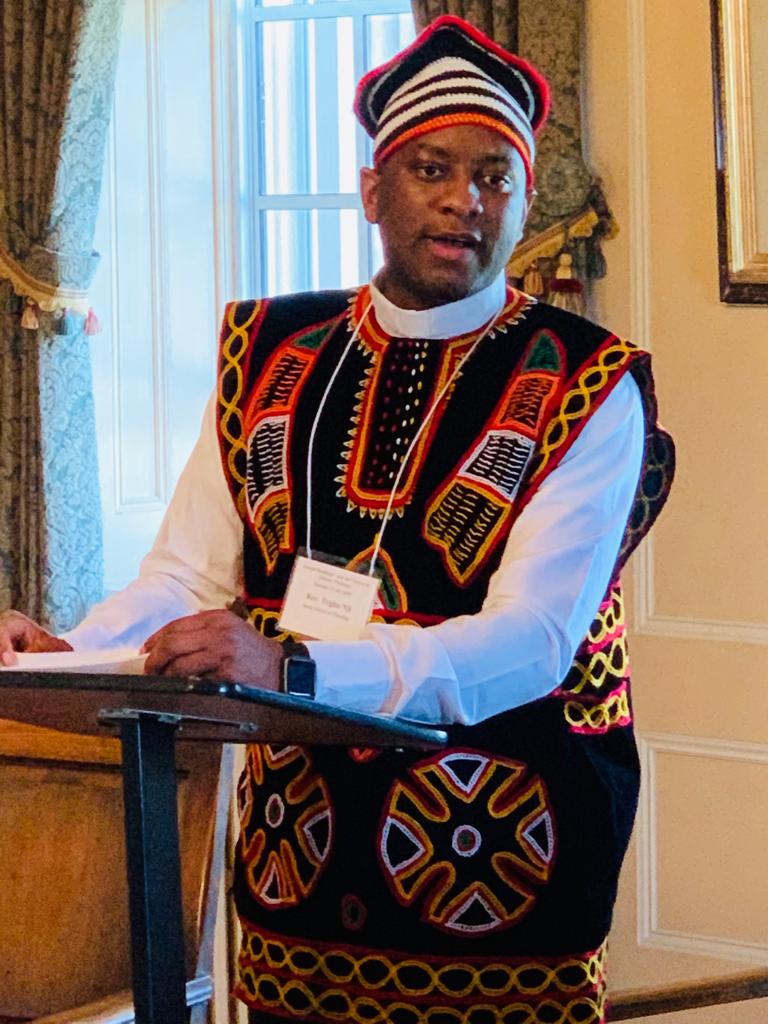 What I intend to do in these few pages is to present my reflections on, and a panoramic synthesis of the theological discussions at the conference, while the publication of the papers that were presented is awaited next year.
What I intend to do in these few pages is to present my reflections on, and a panoramic synthesis of the theological discussions at the conference, while the publication of the papers that were presented is awaited next year.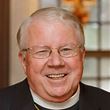 It is well known that there are a large number of Institutes throughout the world that ground their interests and programs in some aspect of the broad range of contributions that Pope Benedict XVI provided the church in his ministry as priest, scholar, Bishop, Prefect and Pope. Many of these Institutes focus on one aspect of his studies, for example, on liturgy, or beauty; on Revelation, Inspiration or theology; on the interrelationship of history and ontology with its crucial consequence in moral theology, or on faith, Church and cultures.
It is well known that there are a large number of Institutes throughout the world that ground their interests and programs in some aspect of the broad range of contributions that Pope Benedict XVI provided the church in his ministry as priest, scholar, Bishop, Prefect and Pope. Many of these Institutes focus on one aspect of his studies, for example, on liturgy, or beauty; on Revelation, Inspiration or theology; on the interrelationship of history and ontology with its crucial consequence in moral theology, or on faith, Church and cultures.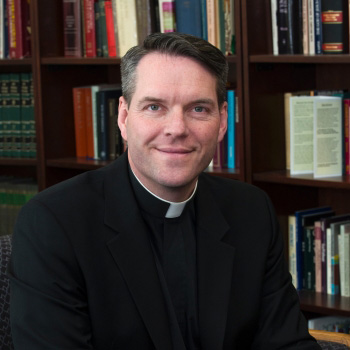 The Benedict XVI Institute for Africa is called to play a crucial role in this task of helping the African Church to remain in the truth of Jesus Christ. By remaining in the Truth of Christ, the Truth that is Christ, you will show that the Church is alive in Africa. In fact the Church is as much Africa as it is anywhere else though perhaps it is more so here as its rapid growth proves. Thus let Africa speak loudly to and for the Church. Do not let her voice be silenced. If you do all this you will have captured the hearts and minds of all people of good will and have won them over to the Lord.
The Benedict XVI Institute for Africa is called to play a crucial role in this task of helping the African Church to remain in the truth of Jesus Christ. By remaining in the Truth of Christ, the Truth that is Christ, you will show that the Church is alive in Africa. In fact the Church is as much Africa as it is anywhere else though perhaps it is more so here as its rapid growth proves. Thus let Africa speak loudly to and for the Church. Do not let her voice be silenced. If you do all this you will have captured the hearts and minds of all people of good will and have won them over to the Lord.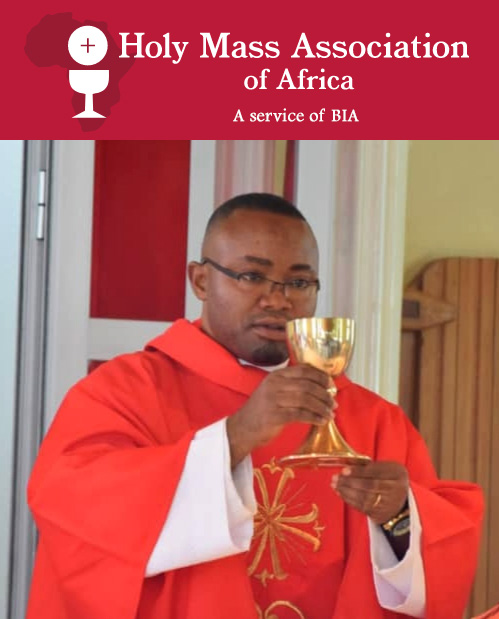
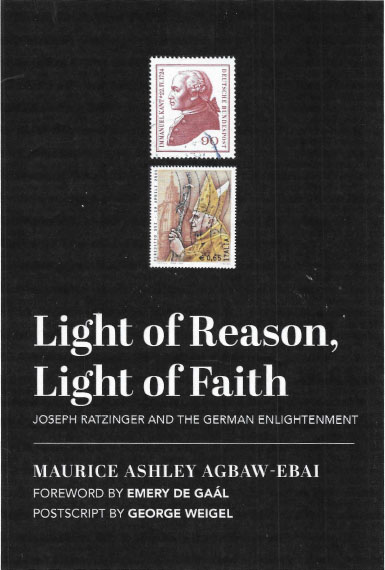
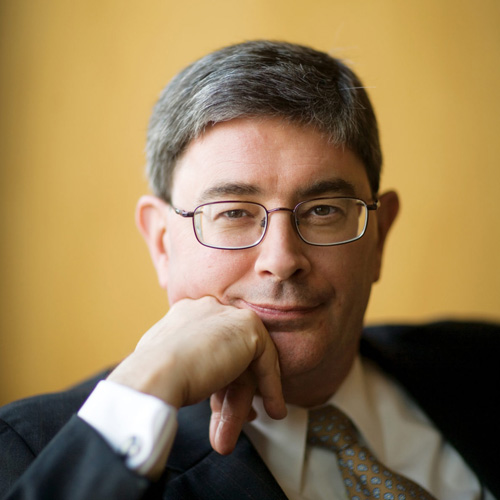
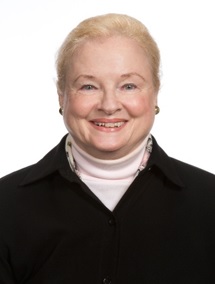 This exciting new institute will help to assure that the massive growth of Christianity in Africa will be guided and nourished by the thought of one of the greatest theologians of modern times. May the light of what Benedict XVI called Africa’s profoundly religious soul illuminate souls longing for truth everywhere!
This exciting new institute will help to assure that the massive growth of Christianity in Africa will be guided and nourished by the thought of one of the greatest theologians of modern times. May the light of what Benedict XVI called Africa’s profoundly religious soul illuminate souls longing for truth everywhere!